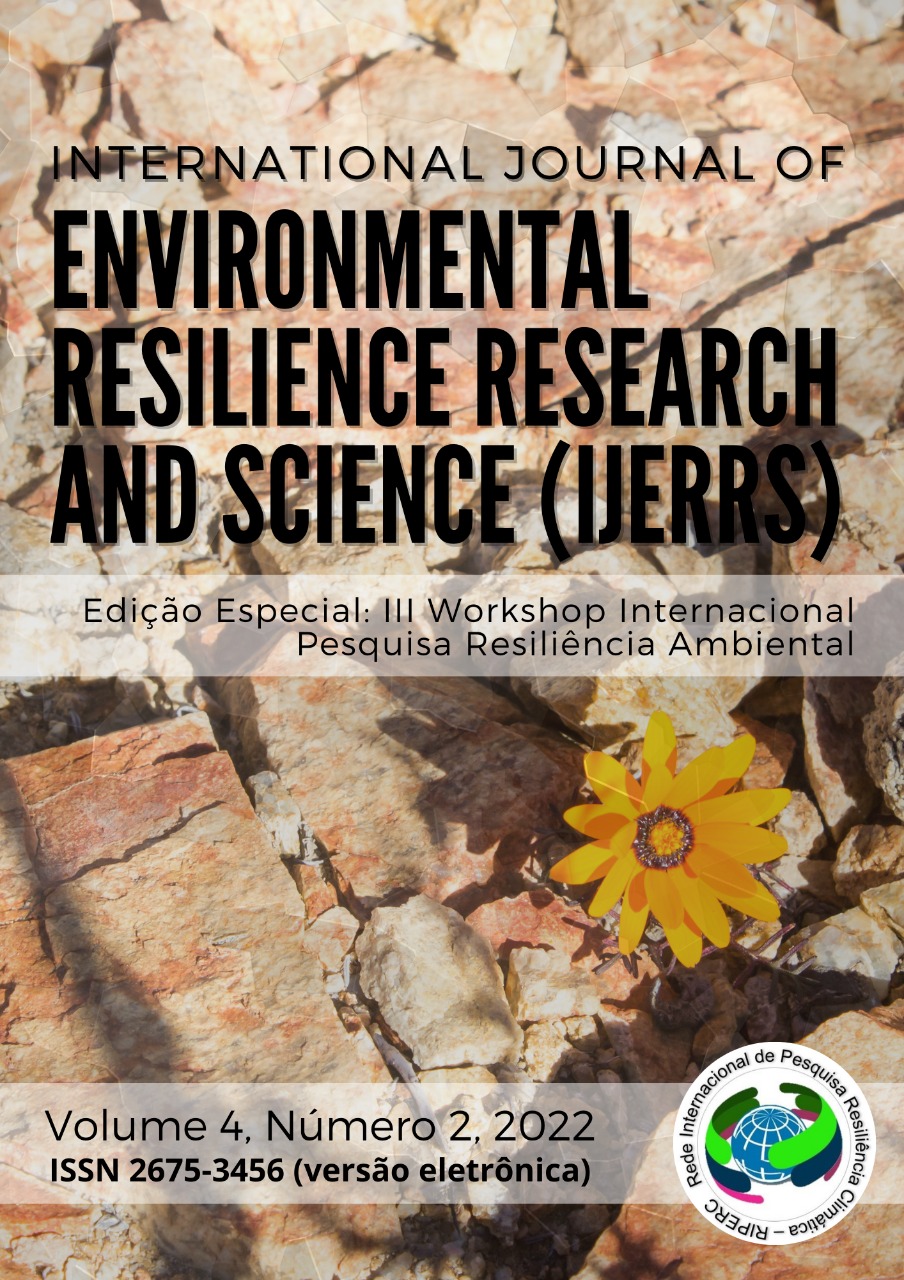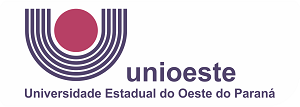FAMILY FARMING AND THE CHALLENGE OF ENVIRONMENTAL SUSTAINABILITY: THE CASE OF SALVADOR DAS MISSÕES, BRAZIL
DOI:
https://doi.org/10.48075/ijerrs.v4i2.28593Abstract
Today's agrifood systems are arrayed between the polarizing forces of homogenizing and vertically integrating agricultural practices driven by agribusiness empires, and those that value local cultures, greater autonomy for farmers, the implementation of biodiverse production systems, and the restoration and preservation of ecosystems. We sought to identify changes in production systems and asked whether these point to constructing biodiverse agroecosystems that conserve natural resources and transition to agroecological practices, or whether these have increasingly adopted the agricultural commercial strategies driven by agribusiness empires. To this end, field research was conducted from a historical and comparative perspective using data collected in 2003 and 2018 from a select group of family farmer near Salvador das Missões. In most cases, we found that the agroecosystems were increasingly constructed along the lines of commercial agriculture beholden to the logic of agribusiness empires and did not demonstrate a transition to agroecological practices. From another perspective, peasant forms of agriculture were found to be more prevalent among families that moved to producing food exclusively for self-consumption, although they did not transition to agroecological practices.
Downloads
Published
How to Cite
Issue
Section
License
Copyright (c) 2022 International Journal of Environmental Resilience Research and Science

This work is licensed under a Creative Commons Attribution-NonCommercial-ShareAlike 4.0 International License.
Aviso de Direito Autoral Creative Commons
Política para Periódicos de Acesso Livre
Autores que publicam nesta revista concordam com os seguintes termos:
1. Autores mantém os direitos autorais e concedem à revista o direito de primeira publicação, com o trabalho simultaneamente licenciado sob a Licença Creative Commons Attribution que permite o compartilhamento do trabalho com reconhecimento da autoria e publicação inicial nesta revista.2. Autores têm autorização para assumir contratos adicionais separadamente, para distribuição não-exclusiva da versão do trabalho publicada nesta revista (ex.: publicar em repositório institucional ou como capítulo de livro), com reconhecimento de autoria e publicação inicial nesta revista.
3. Autores têm permissão e são estimulados a publicar e distribuir seu trabalho online (ex.: em repositórios institucionais ou na sua página pessoal) a qualquer ponto antes ou durante o processo editorial, já que isso pode gerar alterações produtivas, bem como aumentar o impacto e a citação do trabalho publicado (Veja O Efeito do Acesso Livre).
Licença Creative Commons
Esta obra está licenciada com uma Licença Creative Commons Atribuição-NãoComercial-CompartilhaIgual 4.0 Internacional, o que permite compartilhar, copiar, distribuir, exibir, reproduzir, a totalidade ou partes desde que não tenha objetivo comercial e sejam citados os autores e a fonte.









